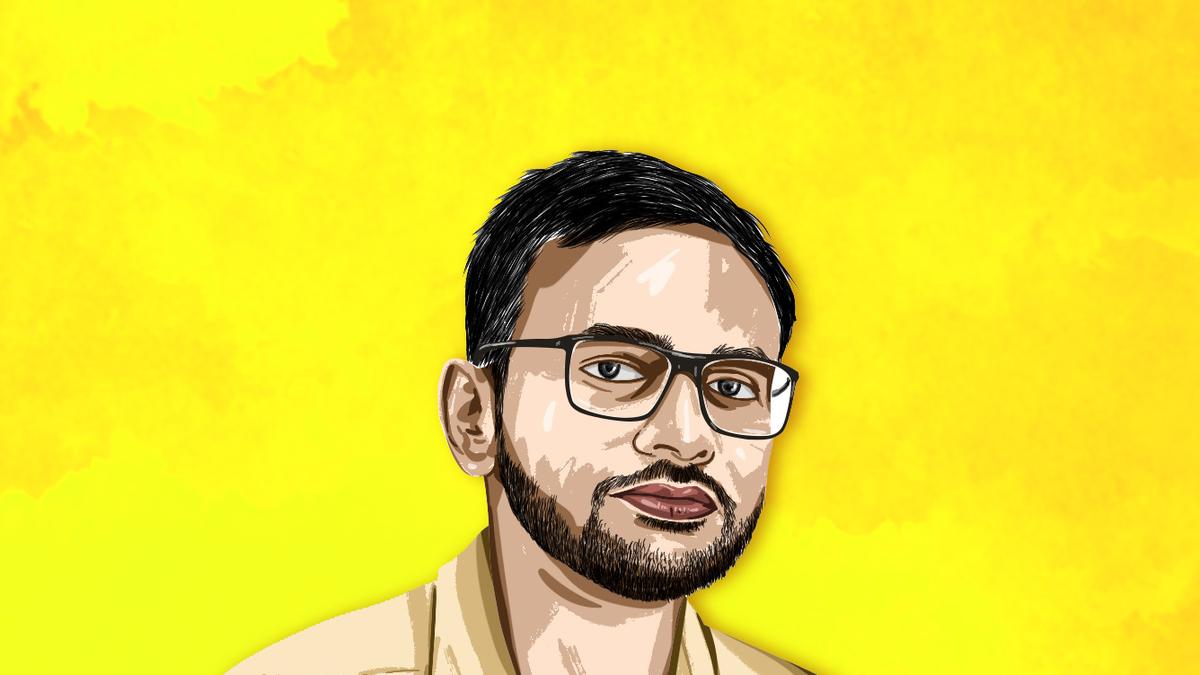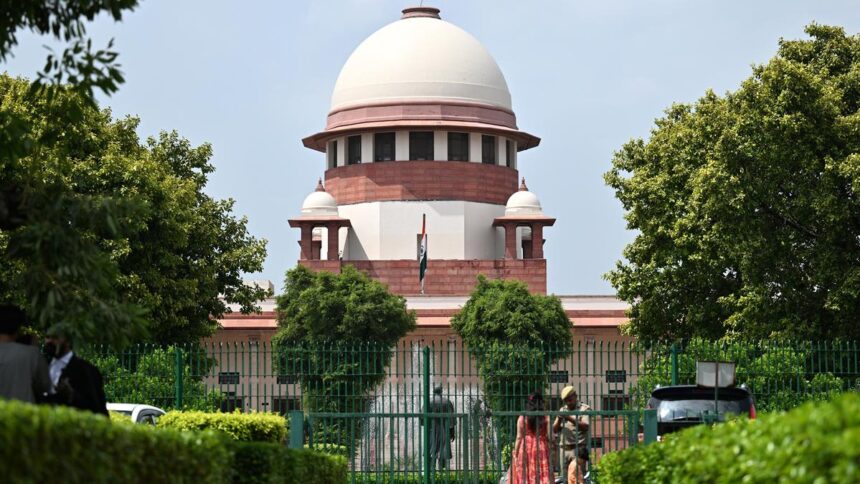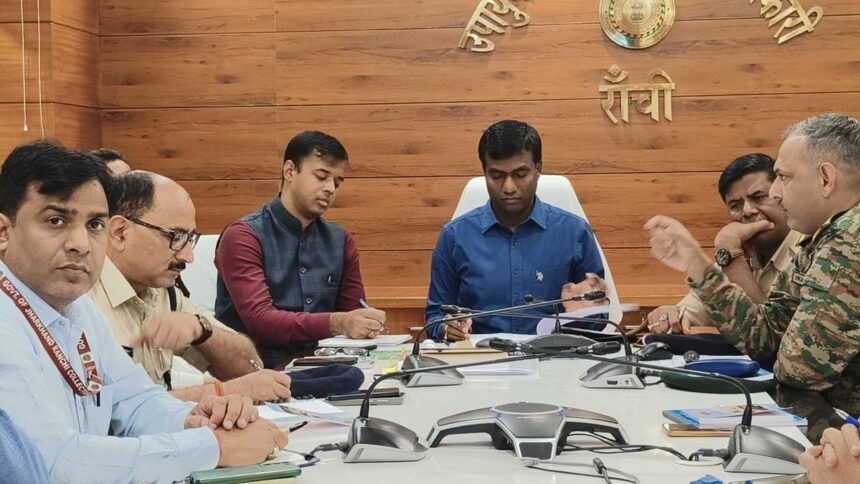Whether it was writing a speech for his next rally or preparing pamphlets for an upcoming protest, Umar Khalid was always restless to do it all systematically and methodically. He probably never imagined that life would make him slow down in the most unprecedented way, by keeping him behind bars for years, say his friends.
A former student of modern history at Jawaharlal Nehru University in Delhi, Mr. Khalid was booked by police for being one of the key conspirators in the north-east Delhi riots that broke out in February 2020, amid countrywide protests against the Citizenship Amendment Act (CAA). The riots had left 53 people dead and hundreds displaced. Arrested in September 2020, Mr. Khalid has been languishing inside the maximum security Tihar Jail since then.
Process as punishment | On the Umar Khalid case
No bail
Over the past five years, Mr. Khalid approached multiple courts, seeking bail, which the Supreme Court, on several occasions, has held as a ‘rule’ even applicable to offences under special statutes such as the Unlawful Activities (Prevention) Act (UAPA). The 38-year-old, who pleaded not guilty to the crime he was accused of, says he only took part in peaceful protests related to the CAA, many of which were as far as 1,000 km from the national capital, where the riots took place.

Born to a mother who practised Unani medicine and a father who worked as an Urdu journalist, who later joined the Welfare Party of India, Umar Khalid is the eldest of six siblings. Raised in Jamia Nagar, a Muslim-majority locality in Delhi, he grew up questioning the way his community was treated.
“From a very tender age, he started noticing how his parents were worried about his security. It used to bother him how even when they can afford to stay in better areas of Delhi, they never moved out of Jamia Nagar, which is termed a Muslim ghetto,” says Anirban Bhattacharya, Mr. Khalid’s friend from JNU. “He was concerned about religious discrimination. After reaching JNU, he found that tribals and other downtrodden sections of society are also living the same life in India as him,” he adds.
“Contesting claims and contingencies of the rule on Adivasis of Jharkhand” was the title of Mr. Khalid’s PhD thesis. Associated with the Democratic Students Union (DSU), a far-left group at JNU, he used to call himself a ‘non-practising Muslim’.
Sedition charges
Mr. Bhattacharya and Mr. Khalid were charged with sedition in 2016 for organising a protest at the university over the hanging of Afzal Guru, a Kashmiri man convicted for his involvement in the 2001 Parliament attack. This was the same incident that brought fame to Kanhaiya Kumar, another JNU student leader, who is currently in the Congress.
Mr. Khalid also participated in protests in solidarity with Najeeb Ahmed, another JNU student, who went missing from his hostel on the university campus under suspicious circumstances on October 15, 2016. His whereabouts are still unknown. Mr. Khalid was booked for giving ‘provocative’ speeches during the Bhima Koregaon violence that left one dead and several injured.
“He became the victim of the injustice that he always fought against,” says Banojyotsna Lahiri, Mr. Khalid’s partner. She says she is in “disbelief” over his long incarceration, without a trial, in a democracy that he used to celebrate.
“The irony is that those who tried to kill him are out on bail, and he, who was fighting for the rights of others, is languishing in jail,” says Ms. Lahiri, an eyewitness to an attack on Mr. Khalid in 2018 outside the Constitution Club in Delhi. Police arrested two persons for the attack, who, in a video, claimed that “by attacking Khalid we wanted to give a gift to the people on the occasion of Independence Day”.
Mr. Bhattacharya, who met Mr. Khalid days before the Delhi High Court, on September 3, refused him and nine others bail in the conspiracy case pertaining to the Delhi riots, recalls his words in which he shared how five years of confinement impacted him.
“The limited information flow behind the prison walls slows down your life as you are away from the mad rush of the outside world, which is accelerated by social media,” Mr. Bhattacharya quoted him as saying. ‘He doesn’t get swayed by things happening on an everyday basis any more,” says Mr. Bhattacharya. “He knows he has to play a role.”
Published – September 07, 2025 07:00 am IST






















